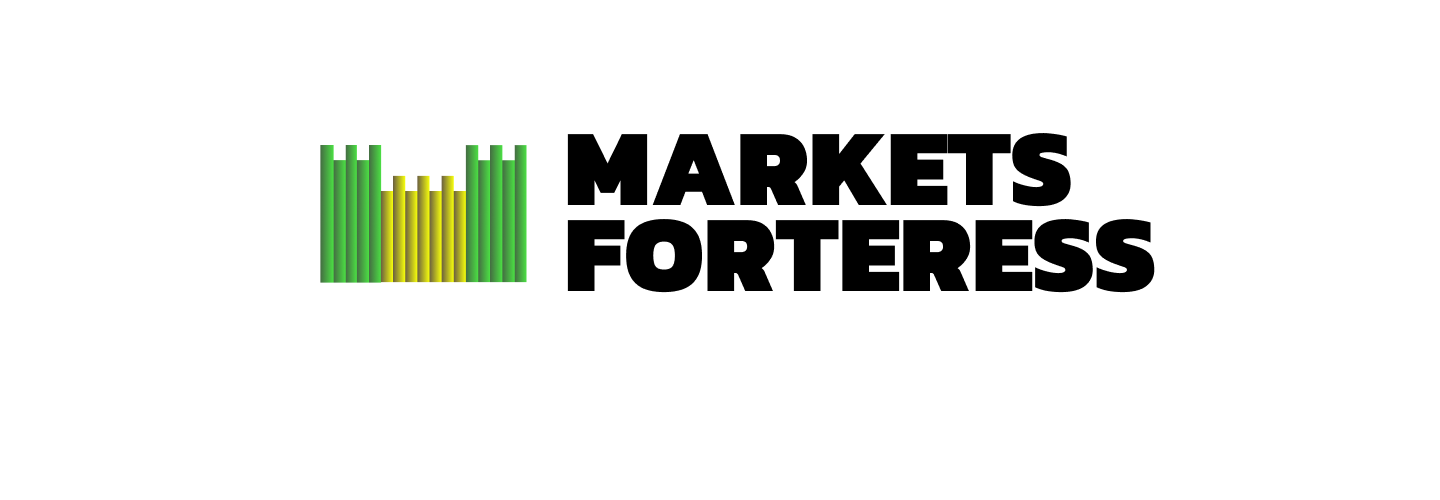“Resilient” is the word of the moment on Wall Street.
JPMorgan Chase, Citigroup and Wells Fargo all reported their quarterly earnings Tuesday, and their CEOs all landed independently on the word “resilient” to describe the U.S. economy and its consumers.
“While there have been some signs of a softening, particularly in job growth, the U.S. economy generally remained resilient,” JPMorgan CEO Jamie Dimon said in a statement. Wells Fargo CEO Charlie Scharf said in a news release, “While some economic uncertainty remains, the U.S. economy has been resilient and the financial health of our clients and customers remains strong.” And Citigroup’s CEO, Jane Fraser, said that the global economy has “proved more resilient than many anticipated” and that “America’s economic engine is indeed still humming.”
Walmart U.S. CEO John Furner added to the chorus of executives Wednesday, telling CNBC that the retailer sees a “resilient consumer that makes really smart choices for what’s right for them and their families at the time they’re shopping.”
“This is a very strong economy we’re operating in,” he added.
The numbers back them up, to a point. The most recent quarterly gross domestic product data showed the U.S. economy expanding at a faster pace in the second quarter than had been previously expected.
Still, President Donald Trump’s global trade policies continue to fuel uncertainty as tariffs increasingly weigh on consumers. Trillion-dollar company valuations driven in large part by artificial intelligence raise questions about how long the markets’ record run can continue. Jobs growth has weakened substantially, too.
U.S. stock indexes ended mostly lower Tuesday, with the Nasdaq falling 0.8% and the S&P 500 ending about flat. The 30-stock Dow closed up 200 points. The mixed session followed a dramatic couple of days on Wall Street, during which stocks fell sharply Friday after Trump threatened 100% tariffs on China — only to recover some of those losses Monday.
“There continues to be a heightened degree of uncertainty stemming from complex geopolitical conditions, tariffs and trade uncertainty, elevated asset prices and the risk of sticky inflation,” said Dimon of JPMorgan.
The jobs market is rapidly cooling, as well, according to government and private data. Payroll processor ADP’s most recent monthly report showed that private employers shed 32,000 jobs in September.
The official government jobs report for the month has been held up by the government shutdown. Before the shutdown, the August jobs report from the Bureau of Labor Statistics showed that employers added just 22,000 jobs for the month. It also revised data to show there was a net loss of jobs in June.
“It’s pretty easy to imagine a world where the labor market deteriorates from here,” JPMorgan’s financial chief, Jeremy Barnum, said on the bank’s conference call.
“The fact that things are fine now doesn’t mean they’re guaranteed to be great forever,” he added.
Despite the dark clouds on the jobs horizon, Barnum said consumers are still — there’s that word again — “resilient,” noting strong spending and lighter-than-expected delinquency rates.
Scharf said Wells Fargo saw spending on debit and credit cards continuing to increase alongside growth in new auto loans.
“The performance of the consumer is just very, very consistent,” he said on Wells Fargo’s earnings call, adding that he didn’t see “any real pockets of slowing.”
At Citigroup, Fraser noted what she called “pockets of valuation frothiness” in the market and warned that growth may be “cooling somewhat.”
Still, she said, the United States “continues to be a pacesetter, driven by consistent consumer spending as well as tech investments in AI and data centers.”

